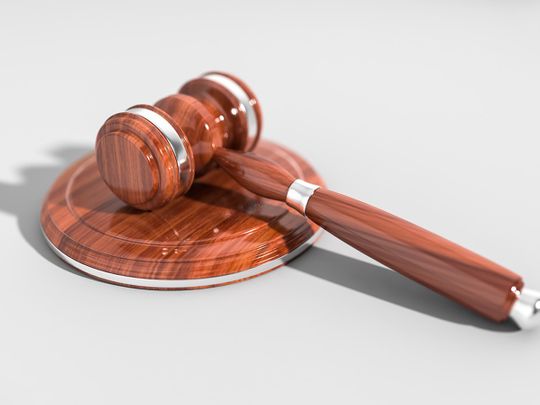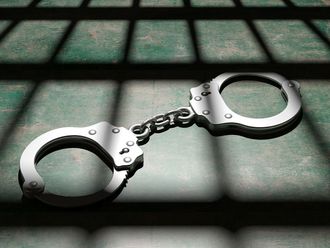
Abu Dhabi: Members of the Federal National Council on Tuesday remotely passed a draft law on the first UAE’s whistleblower and witness protection scheme.
In its first session via a video link after COVID-19 outbreak, the House members said the legislation, which provides security to people who may come under threat for giving evidence in court cases, is a landmark step for the country’s judicial system.
Shaikh Saif Bin Zayed Al Nahyan, Deputy Prime Minister and Minister of Interior, told the House the witness protection scheme is usually required in trials against organised crime, where law enforcement sees a risk for witnesses to be intimidated by colleagues of defendants.
Shaikh Saif cited two incidents of a witness and a whistleblower who came under threat and intimidation for testimony in a murder and a drug smuggling case.
Shaikh Saif said Al Capone (the most famous American gangster, who dominated organised crime in Chicago from 1925 to 1931) and the Italian Mafia used to kill judges or members of their families throughout, and after, their trials.
The bill, once signed into a law by the President His Highness Shaikh Khalifa Bin Zayed Al Nahyan, will establish norms, procedures and mechanisms to facilitate and encourage the reporting of acts of corruption that are liable for administrative or criminal investigation and punishment and to protect public officials and any person who, in good faith, report or witness these acts.
Penalties for people who breach the scheme and leak confidential information could include fines of up to Dh100,000 or six months in jail.
The same penalties are applicable to protected persons who expose themselves, while those who abuse the scheme to enjoy its benefits face a jail term and a fine of up to Dh30,000.
Under the bill, death penalty will be handed down to offenders who expose protected persons and cause them to be killed.
The judicial authority handling a case decides who is enrolled in the protection scheme.
Dr. Ali Rashid Al Nuaimi, head of the FNC committee, said the draft law aims to encourage people to report serious crimes.
“The government had proposed for this bill as part of its efforts to achieve a safe society and a fair judiciary,” said the FNC member from Abu Dhabi. The bill aims to encourage whistleblowers and witnesses to come up, report and testify against criminals well assured that their protection is guaranteed by the law. Participation of the public in detecting and reporting criminals to the police will reduce crimes across the country.”
The law will be enforced three months after publishing in the official gazette.
The scheme covers whistleblowes and witnesses in serious crimes such as human trafficking, money laundering, terrorist offences and smuggling of narcotics.
Once admitted to the scheme, whistleblowers and witnesses must sign am agreement on compliance obligations, which is a document that sets out in detail both the obligations and actions by the authority responsible for granting protection, the obligations and actions to be undertaken by whistleblowers and witnesses, as well as the sanctions that the latter may have imposed for noncompliance, which may include expulsion from said scheme.












